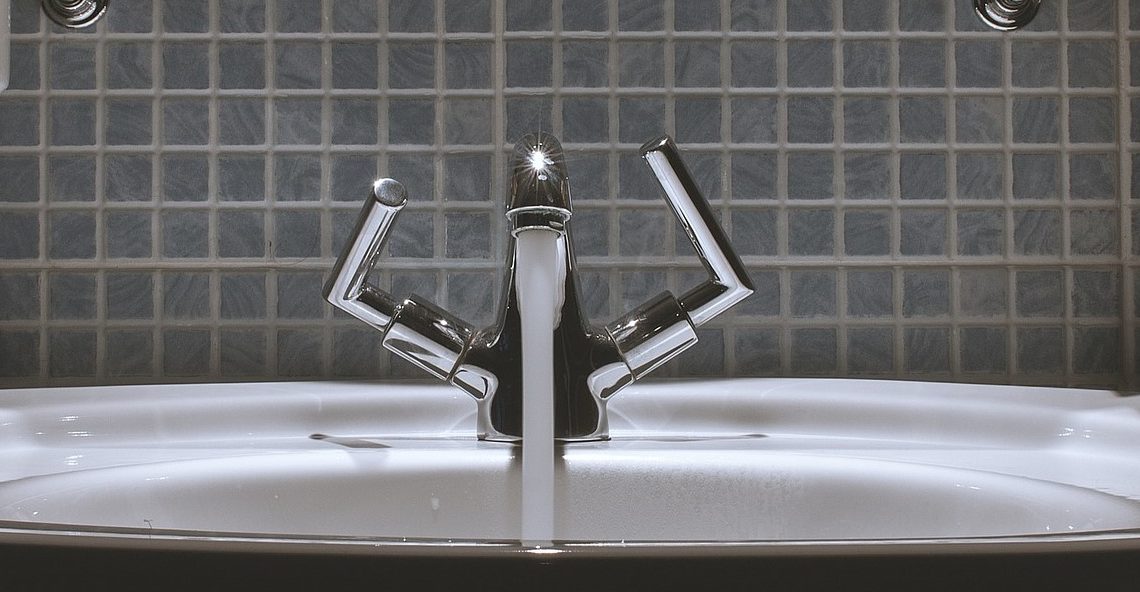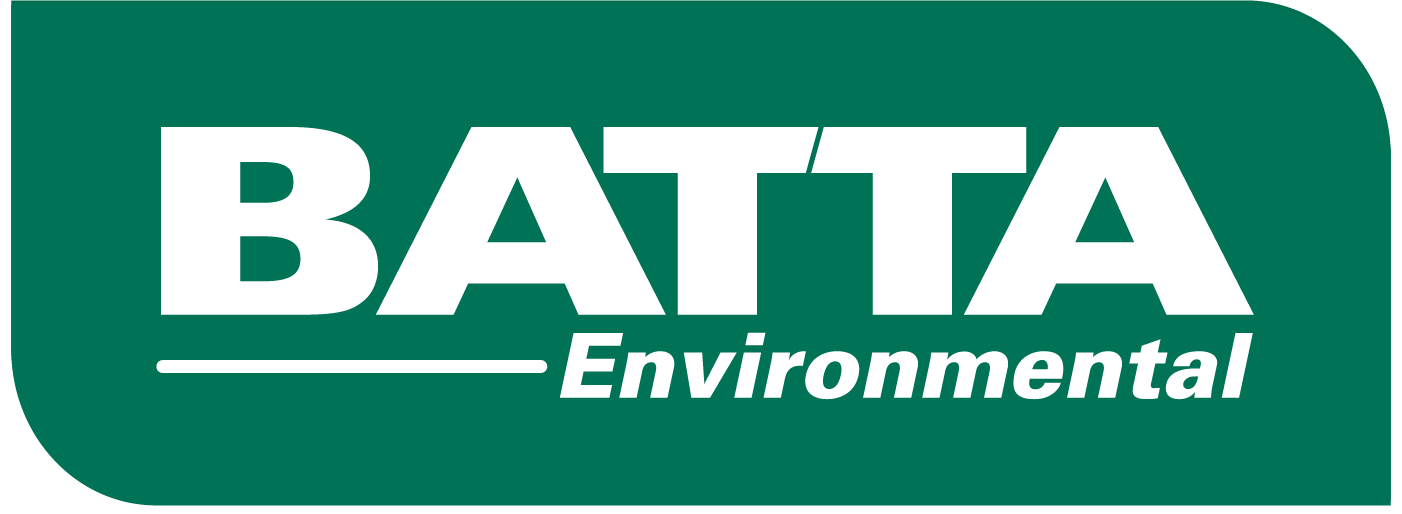
New Law Combats Lead Pipe Service Lines in Washington, D.C.
Washington, DC estimates there are 48,000 lead service lines (LSLs) on private property, 46 percent of the total number of service lines identified by the District. While the District has not yet set a goal of eliminating LSLs, it has taken positive steps to assist residents in replacing LSLs. It has prioritized avoiding partial LSL replacements, which are likely to increase residents’ exposure to lead, especially in the months following the disturbance.
On January 16, 2019, the District passed a new law that takes additional positive steps. First, it requires property owners to disclose the presence of an LSL to potential homebuyers and renters. The city joins Cincinnati, OH and Philadelphia, PA in requiring disclosure to renters andNew York, Delaware, Connecticut, and Pennsylvania in requiring disclosure to homebuyers.
Second, it redresses past partial LSL replacements by providing financial support to homeowners who did not replace the portion on private property when they were expected to shoulder the entire burden. This is the first city we have seen take this approach. The fiscal impact statement for the law also provides insight into the cost of LSL replacement; the District of Columbia Water and Sewer Authority (DC Water), the city’s utility, estimates the average cost to replace the portion on private property is $2,000 per line. The total cost of the law over four years if fully funded is $21 million.
Property owner disclosure to potential homebuyers and renters
DC Water has been a leader with its online, interactive map providing the public with access to what is known (and unknown) about service line plumbing material at individual properties. DC Water’s map has been a model for other communities, including Cincinnati, OH and Pittsburgh, PA.
The map is valuable in many situations to enable people to consider the risk of lead in their drinking water – from deciding on a home to rent or buy to evaluating a potential child care facility or even learning more about a restaurant. For those buying a home, the decision is a long-term commitment, where the customer has some leverage and could demand the cost of LSL replacement be folded into the sales price or mortgage. The map may also provide an incentive for property owners to proactively replace LSLs to avoid discouraging buyers or complicating the sales.
In the District’s new law, property owners renting residences must provide a “lead disclosure form” to the tenant before the person “is obligated under any contract to lease or renew the lease of the dwelling unit.” The form, to be developed by the District by April 2019, requires the property owner to disclose any known information:
- Results of any lead tests conducted on the water supply of the property or the dwelling unit;
- Lead-bearing plumbing, including an LSL serving the dwelling unit;
- Whether the portion of the LSL on private or public property has been replaced, and, if so, the date of replacement;
- Inclusion on DC Water’s LSL website; and
- Civil fines, penalties and fees imposed on the owner as sanctions for violating this disclosure requirement.
If a property owner learns of an LSL or other lead-bearing plumbing, the person must provide existing tenants within 48 hours with a completed copy of the new “lead disclosure form.” The District must also provide a means for tenants to report potential violations to appropriate agencies.
The new law adds similar responsibilities for property owners seeking to sell a home by amending an existing disclosure requirement. Using a new form to be developed by the District, the property owner must disclose the same information as in the first four items above, but not the part about civil fines, penalties and fees.
Avoiding future partial LSL replacements when possible and redressing past partials
Under the law, the District will have three distinct programs to help replace LSLs. The first two are existing and updated by the law, and the third is new.
- DC Water prompted replacement: If DC Water is disturbing or replacing the LSL on public property, it will also replace the portion on private property at no cost to the affected property owner. This usually occurs when the utility is replacing the main under the street, because the service line must be cut to perform the work.
- Consent required: The only requirement to participate is that the property owner must affirmatively consent to the work. In most situations, the utility must notify the property owner at least twice and wait at least 120 days to consider silence as a refusal to consent to no-cost replacement. If the utility exceeds the lead action level, the 120 days is reduced to 60 days. If there is an emergency, the property owner is given a hand delivered notice and 24 hours to consent.
- Funding required: The District estimates that it needs $1 million a year for this effort based on its current average of 500 LSLs replaced per year at $2,000 per line. If funding is not available, then the work won’t proceed unless the property owner refuses to consent to the work or pays for it.
- Property owner prompted replacement: If the property owner alerts DC Water that it wants to replace the LSL, DC Water will replace the line on public property and coordinate the work on private property with the contractor at no cost. The property owner must pay only for replacement of the LSL portion on private property. Based on a colleague’s experience in 2017, DC Water has streamlined the process, and it cost her $1000 to replace the LSL on her row house.
- Replacement of past partial replacement: For the 13,600 properties where DC Water replaced the LSL on public property but not on private property because the property owner was previously unwilling or unable to pay the cost, the District is now offering to pay the property owner between 50 and 100 percent of the contractor’s costs up to $2,500. The percentage is greater for low-income residents. Landlords are eligible if tenants participate in District or federal housing programs. The District estimates that it will cost $16.4 million over four years.
With the new law, the District and DC Water are taking significant steps to accelerate full LSL replacement in Washington, DC and taking a unique approach to addressing past partial replacements. We applaud the city and encourage it to join with the 53 communities who have already set a goal of eliminating LSLs.
For more information find out more on the Environmental Defense Fund Website.
BATTA Provides Training Courses that Focus on:
-
Lead RRP Certification
-
Asbestos Building Inspector & Project Monitor Training
-
Dust Sampling Technician Training

